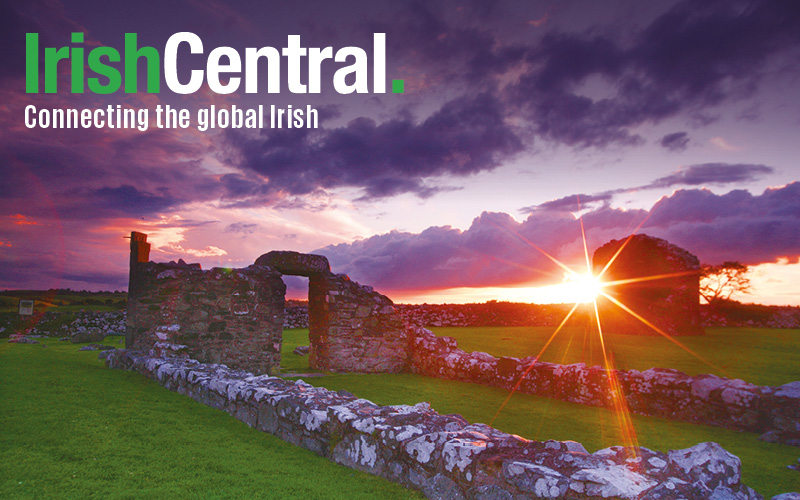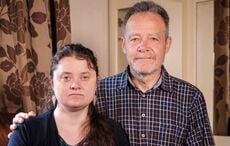It's being called the 'end of an era:' In 2019, Bord Na Móna will begin to close 62 bogs across Ireland.
Tom Donnellan, the chief executive of Bord Na Móna, recently announced that the company was to move away from harvesting peat in an effort to fight climate change.
It is well documented by now that the carbon emissions from harvesting peat (turf) have an adverse impact on climate change. Peat/turf is the spongey-textured end-result of decayed vegetation formed when plant material is deposited in an oxygen-poor water-saturated environment.
While peat was the preferred fuel for Irish people both inside and outside of traditional turf cutting areas in the 1930s and beyond, in recent decades the Climate Change Advisory Board has been advising Bord Na Móna to stop using peat burning electrical stations.
Research by the Intergovernmental Panel on Climate Change (IPCC) found that while turf has a lower calorific value than coal, it still produces higher CO2 emissions per unit and is thus one of the least climate-friendly ways of producing heat and electricity.
Read More: The truth about Irish bog bodies
I'm very pleased to see that Ireland's phasing out #peat extraction, in order to help combat #climatechange. To celebrate, albeit tangentially, here's one of my all time favourite Irish rebel songs, sung by an absolute musical legend. https://t.co/iQgvxDOmo8 #folkmusic
— Paul Burgess (@PaulDBurgess) November 28, 2018
As per the Irish Times, Bord Na Móna's decision to close all 62 bogs in Ireland will cost up to 500 jobs particularly in the Irish Midlands.
According to an article by Fr. Seán McDonagh, "The company is hoping that workers in their 50s and early 60s will be attracted by voluntary redundancy packages."
The Irish Times reports that the semi-State company will close 17 of the 62 active bogs immediately, with the rest to close within seven years.
Donnellan said that the decisions were necessary to ensure Bord na Móna’s steps towards renewable green energy.
“Decarbonisation is the biggest challenge facing this planet. For Bord na Móna it presents both a serious challenge and a national opportunity. Standing still is not an option for Bord na Móna," he said.
Not going to cry about bog closures. "End of an era as Ireland closes its peat bogs 'to fight climate change'" https://t.co/gDI7vGGGMr #History #Ireland pic.twitter.com/6A2f75aE8a
— Eric G. E. Zuelow (@EZuelow) November 27, 2018
The Guardian writes that Ireland emits 13 tonnes of greenhouse gases per person a year (alarmingly, the third-highest level in the EU.)
Columnist Rory Carroll believes that Bord Na Móna's recent announcement is too little too late. He also notes that several environmental experts and campaigners are unimpressed.
“It’s a bit of a smokescreen. It’s all revenue-driven,” research scientist and peatland expert Florence Renou-Wilson told the paper.
"Bord na Móna was closing bogs that were exhausted and no longer profitable. They’re all done and dusted.”
Tony Lowes, the director of the group Friends of the Irish Environment, also said that ending the cutting and burning of peat should have been "low-hanging fruit" to deal with long ago.
"Renouncing bog harvesting, they say, is too little, too late – a false solace because the ravaged peatlands will continue to emit greenhouse gases." [unless re-wet] https://t.co/DXYCO2wyrw #PeatlandsMatter @DiannaKopansky
— Ariana (@ArianaMags) November 27, 2018
“But we have struggled to truly bring it under control because of its emotional attachment and cultural heritage," Lowes said.
"Under EU commitments, by 2020 Ireland is supposed to cut emissions by 20% from 1990 levels. The target for 2030 is 40%. Ireland is on track to exceed the first target by 16m tonnes and the latter by 50m tonnes, triggering fines estimated to range from €230m to €600m," Carroll writes.
The Bord na Móna announcement was made shortly after Taoiseach Leo Varadkar promised to make Ireland a global leader in protecting the planet, backed by a €22bn ($24bn) government plan for climate action.




Comments